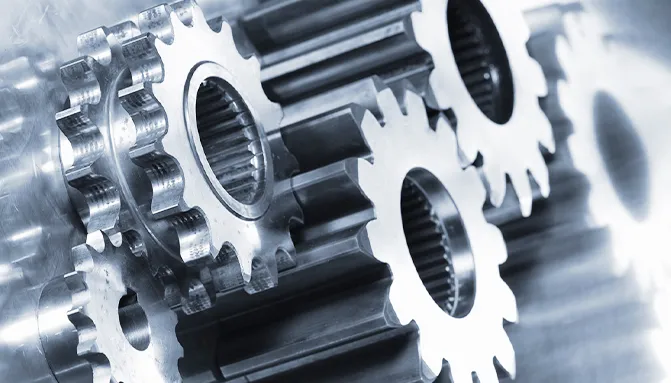Mobile:+86-311-808-126-83
Email:info@ydcastings.com
English
brass impeller
The Importance of Brass Impellers in Modern Engineering
In the world of mechanical engineering and fluid dynamics, impellers play a critical role in the movement of fluids across various applications. Among the different materials used to fabricate impellers, brass has gained significant popularity due to its desirable properties and versatile applications. This article explores the importance of brass impellers, their advantages, and areas where they are commonly utilized.
Advantages of Brass Impellers
Brass is an alloy primarily composed of copper and zinc, which imparts a range of benefits that make it suitable for impeller manufacturing. One of the most notable advantages of brass impellers is their excellent corrosion resistance. When exposed to moisture and various chemical solutions, brass retains its integrity without succumbing to rust or decay. This property is particularly crucial in applications such as marine propulsion systems and chemical processing, where impellers face harsh operational environments.
Additionally, brass impellers exhibit good mechanical strength and durability. They can withstand considerable stress and are less prone to chipping or breaking compared to plastic or even some grade steel impellers. The ductility of brass allows it to be precision machined into intricate designs, enabling the production of impellers with optimized hydraulic performance.
Conductivity is another advantage of brass, which allows for the efficient transfer of heat. In systems where temperature management is crucial, brass impellers help maintain optimal operating conditions. This thermal conductivity also aids in dissipating heat generated during pump operations, preventing overheating and extending the lifespan of the overall system.
Applications of Brass Impellers
Brass impellers find their footing in various industries due to their versatility. One prominent application is in the water and wastewater treatment sectors. Pumps equipped with brass impellers are commonly used to circulate and propel water efficiently through treatment facilities. Their corrosion resistance ensures longevity, making them a cost-effective choice for cities and municipalities.
brass impeller

In the HVAC industry, brass impellers are frequently found in fans and blowers. Their durability and ability to withstand temperature fluctuations make them ideal for heating, ventilation, and air-conditioning systems. By maintaining efficiency in air circulation, brass impellers contribute significantly to the energy savings of these systems.
Marine applications also benefit greatly from brass impellers. Boats and ships often employ brass impellers in their cooling systems and propulsion mechanisms. The resistance to salty seawater makes brass an ideal material for marine environments. Moreover, the aesthetics of brass make it a popular choice for decorative water features and fountains, not just for functionality but also for visual appeal.
Challenges and Considerations
Although brass impellers have numerous advantages, certain factors must be considered. For instance, the weight of brass can be a drawback in applications where reducing weight is paramount, such as in racing vessels or lightweight pump systems. In such cases, alternative materials, like plastics or aluminum, may be preferred.
Moreover, brass’s composition can affect its properties. Different alloys and treatments can lead to variations in corrosion resistance and mechanical strength. Engineers must select the appropriate grade of brass based on the specific application and environmental conditions to ensure optimal performance.
Conclusion
Brass impellers have proven themselves indispensable in various industrial applications owing to their corrosion resistance, strength, and thermal conductivity. As industries continue to innovate and look for reliable materials for fluid movement systems, brass remains a top choice. Whether in wastewater treatment, HVAC systems, or marine propulsion, brass impellers deliver the performance and durability required to meet modern engineering demands. With ongoing advancements in metallurgy and machining techniques, the future of brass components in engineering looks promising, ensuring their continued relevance in an ever-evolving landscape.
-
Materials Used in Manufacturing Cap End Pipe FittingsNewsNov.24,2025
-
Material Properties of CF8M CastingNewsNov.24,2025
-
How to Inspect Pump Cap Ends for DamageNewsNov.21,2025
-
Backward Curved Impeller – Efficient Airflow Solutions for Industry | YD CastingsNewsNov.21,2025
-
Automobile Water Pump - Efficient, Quiet, Durable & ElectricNewsNov.21,2025
-
Impeller for Pumps – High-Efficiency, Durable, OEM-ReadyNewsNov.21,2025











